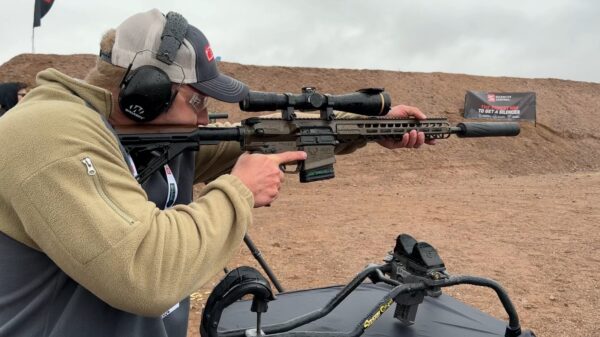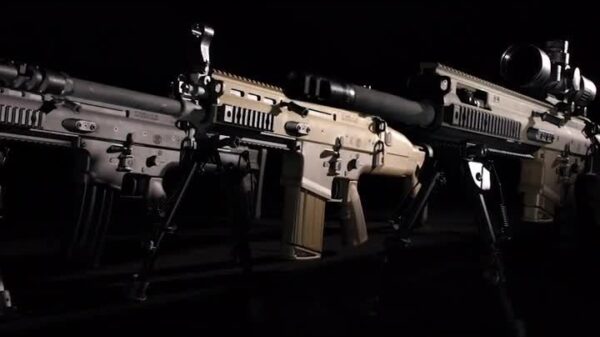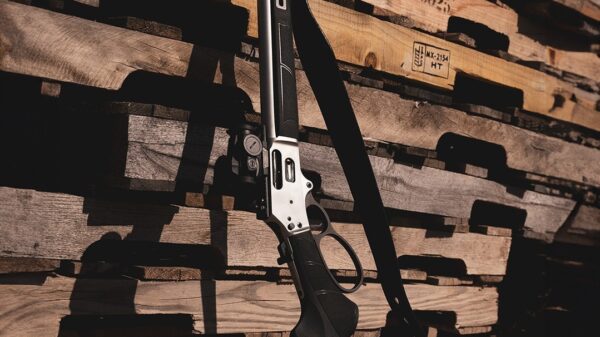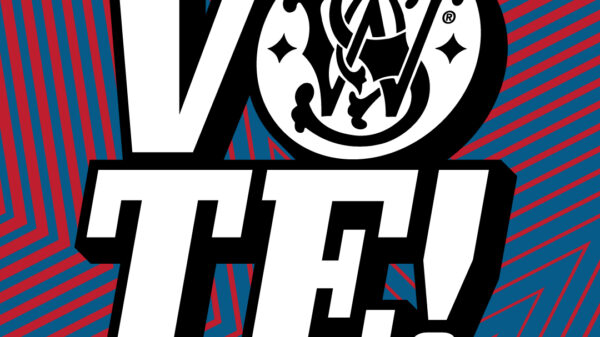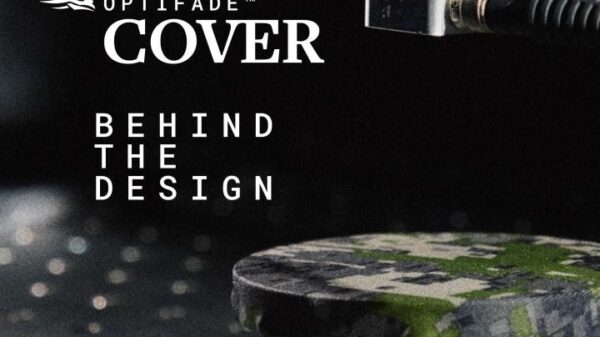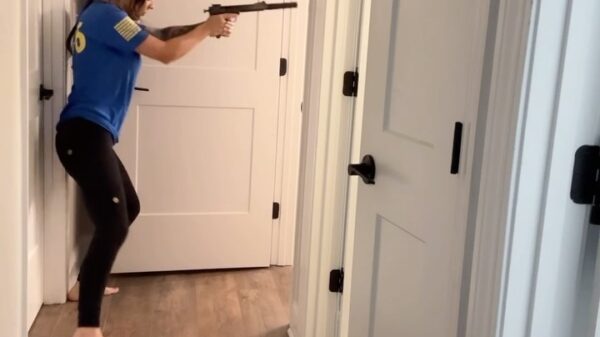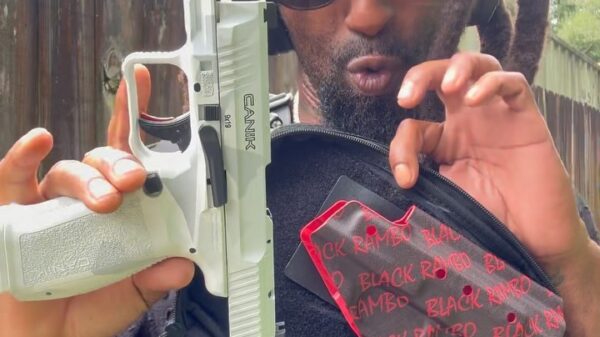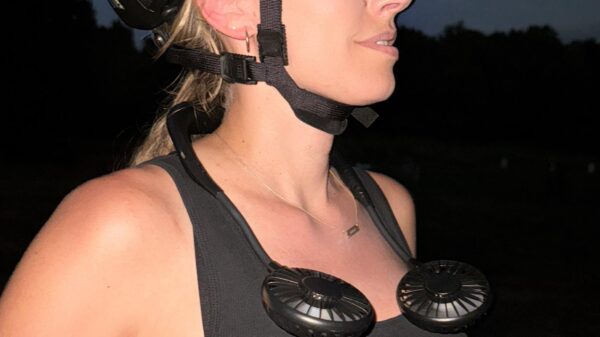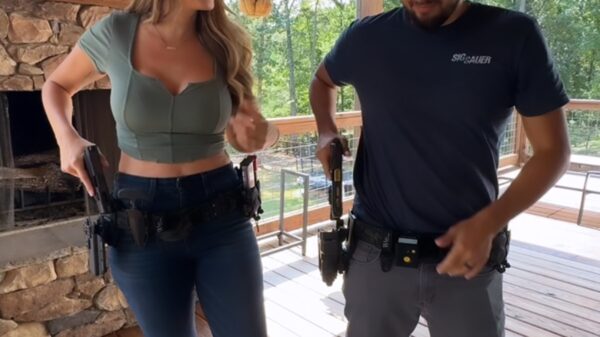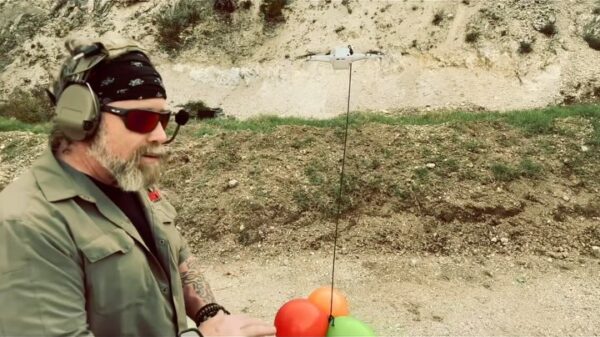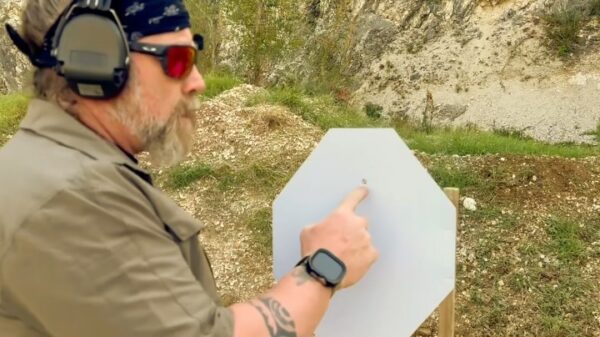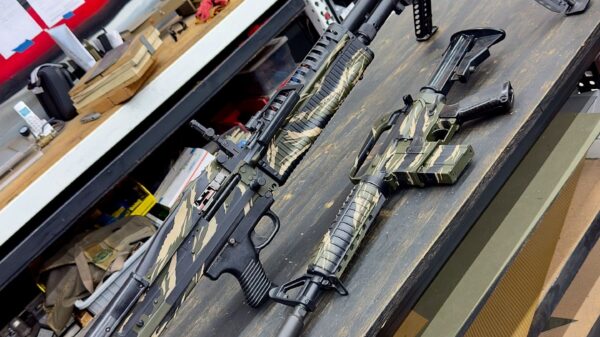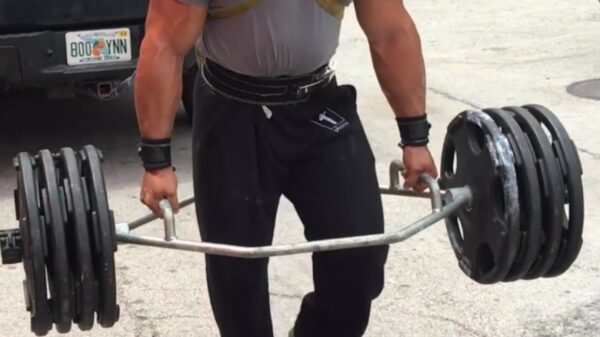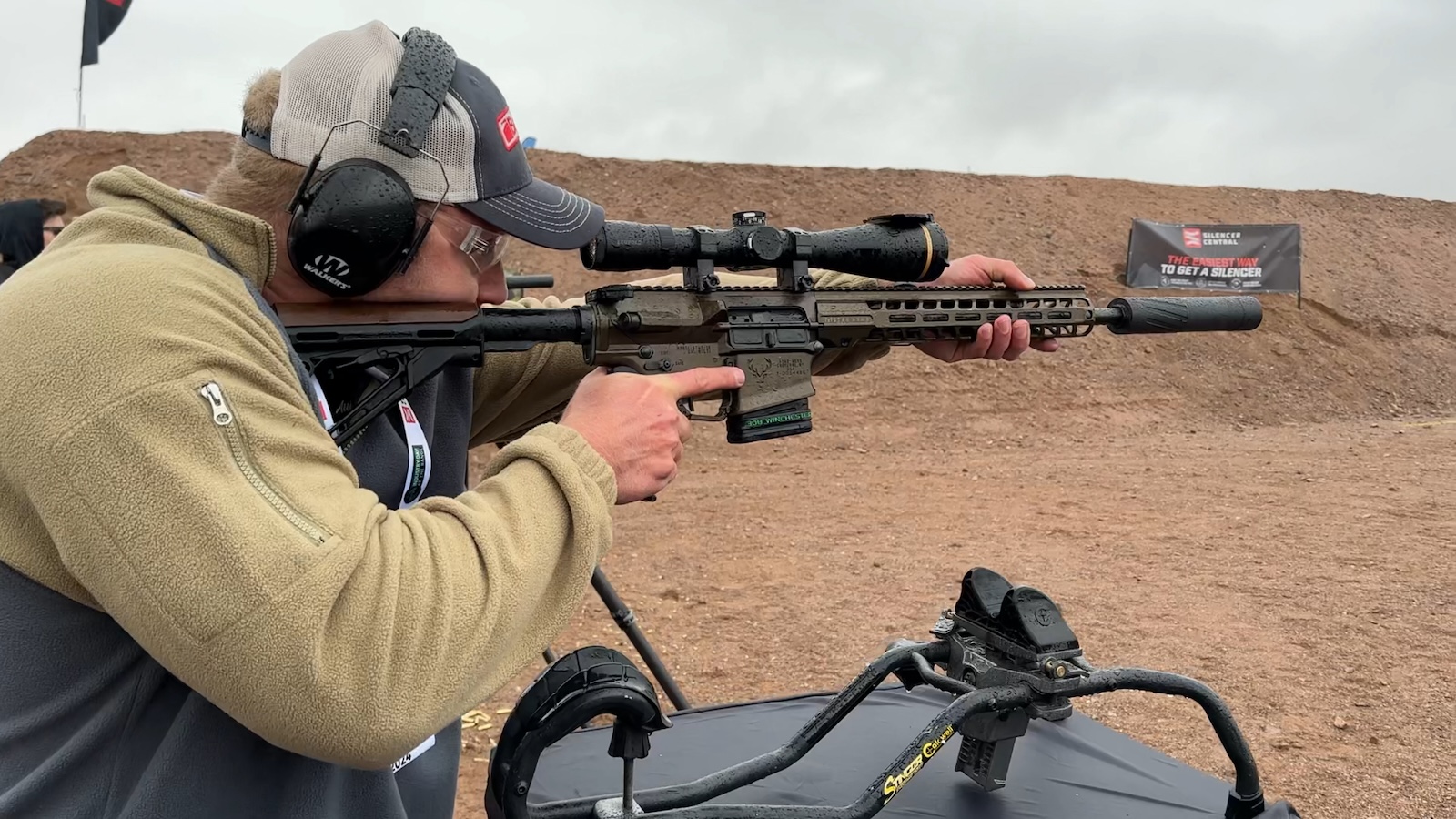The Historical Background of Suppressor Regulation
Suppressors, also known as silencers, have been regulated in the U.S. since the enactment of the National Firearms Act (NFA) in 1934. The NFA was a response to rising concerns over violent crime in the early 20th century, including gang violence during the Prohibition era. The act targeted certain firearms, such as machine guns and sawed-off shotguns, but also included “firearm silencers” in its provisions. The goal was to limit access to devices that could make it easier for criminals to operate undetected.
While suppressors are legal to own in most states today, they are still treated as NFA items, meaning their sale and possession are heavily regulated by the Bureau of Alcohol, Tobacco, Firearms, and Explosives (ATF). The regulation of suppressors stems from a long-standing association with criminal activity, despite their practical benefits for hearing protection and noise reduction for lawful gun owners.
The Impact of the National Firearms Act (NFA)
The NFA imposed strict regulations on suppressors, requiring potential owners to register them with the federal government, pay a tax, and undergo an extensive background check. This law effectively restricted widespread ownership of suppressors, making them less accessible to the average person. The NFA’s $200 tax, originally a significant financial burden, remains in place today, though its relative cost has diminished with inflation.
Despite the restrictions, suppressors have become more widely accepted in modern times, especially as gun owners advocate for their benefits in reducing noise and preventing hearing loss. However, the NFA’s requirements continue to shape the process of legally obtaining a suppressor.
Why Suppressors Are Considered NFA Items
Suppressors are classified as NFA items due to their potential to muffle the sound of gunfire, which was historically viewed as a way to enable criminal activity. The NFA was intended to prevent the easy acquisition of devices that could be used to obscure the sound of violence. Although suppressors do not make guns completely silent, they significantly reduce the decibel level, which can be advantageous for hearing protection, especially for hunters, sport shooters, and those who live near gun ranges.
However, the negative perception of suppressors has shifted over time. Many countries outside the U.S. view suppressors as standard safety equipment, and advocates argue that suppressors should be treated like any other firearm accessory, not as restricted devices. There are ongoing debates about whether suppressors should remain under the NFA’s regulation or be removed from the list of controlled items.
The Tax Stamp Process: How It Works, Steps, and Costs
To legally own a suppressor in the U.S., a buyer must first acquire a tax stamp from the ATF. This process, though straightforward in theory, involves several steps and can take several months to complete.
- Purchasing a Suppressor: Once a buyer selects a suppressor from a licensed dealer, they must fill out an ATF Form 4, which includes detailed personal information and a request for approval to transfer the suppressor into the buyer’s possession.
- Background Check: The buyer is then subjected to a thorough background check conducted by the ATF. This step is more in-depth than the standard background check for purchasing a firearm and includes fingerprinting and submitting passport-sized photos.
- Tax Stamp Payment: The buyer must also pay a one-time $200 tax, which dates back to the NFA’s inception. After this payment is made, the ATF issues a tax stamp, which serves as proof of legal ownership.
- Approval and Wait Times: The entire approval process can take anywhere from a few months to over a year, depending on the ATF’s workload and other factors. On average, buyers report waiting about 8 to 12 months for their suppressor to be legally transferred to them.
Benefits and Controversies Surrounding Suppressor Ownership
Benefits
Suppressors offer several practical benefits for firearm owners. One of the most significant is hearing protection. Gunfire can produce sounds well over 140 decibels, which can lead to permanent hearing damage. Suppressors reduce this noise by 20-35 decibels on average, making shooting sports safer for participants. In addition, suppressors reduce noise pollution, making it easier for people who live near shooting ranges or hunting areas to coexist peacefully.
Controversies
Despite these benefits, suppressors remain a point of contention. Opponents argue that keeping suppressors regulated under the NFA helps prevent their misuse by criminals. The concern is that suppressors could make it easier for individuals to commit crimes without drawing attention. Proponents, however, contend that suppressors are not widely used by criminals and that keeping them under the NFA is an outdated policy that unnecessarily burdens lawful gun owners.
Understanding the Process and Wait Times
For those considering purchasing a suppressor, it’s crucial to understand the NFA process and the associated wait times. Although the tax stamp process is thorough and can be lengthy, it’s the only legal way to acquire a suppressor in the U.S. Buyers should expect to wait several months for approval, but many find that the benefits of suppressor ownership—particularly for hearing protection—are worth the wait.
If you are interested in acquiring a suppressor, companies like Silencer Central and other licensed dealers can guide you through the process, ensuring that all steps are followed correctly to meet ATF regulations. By understanding the tax stamp system and preparing for the waiting period, you can enjoy the benefits of suppressor ownership safely and legally.


